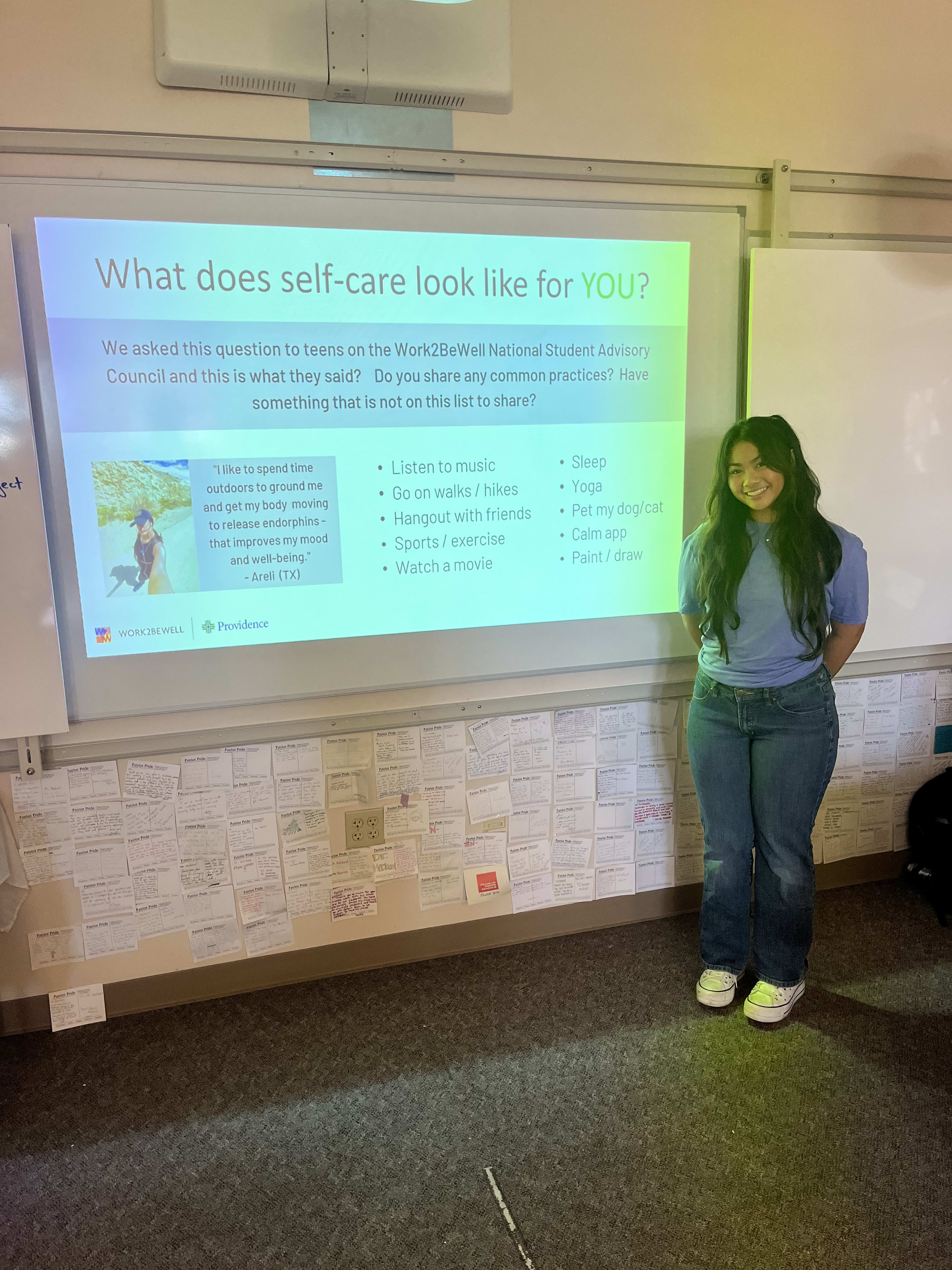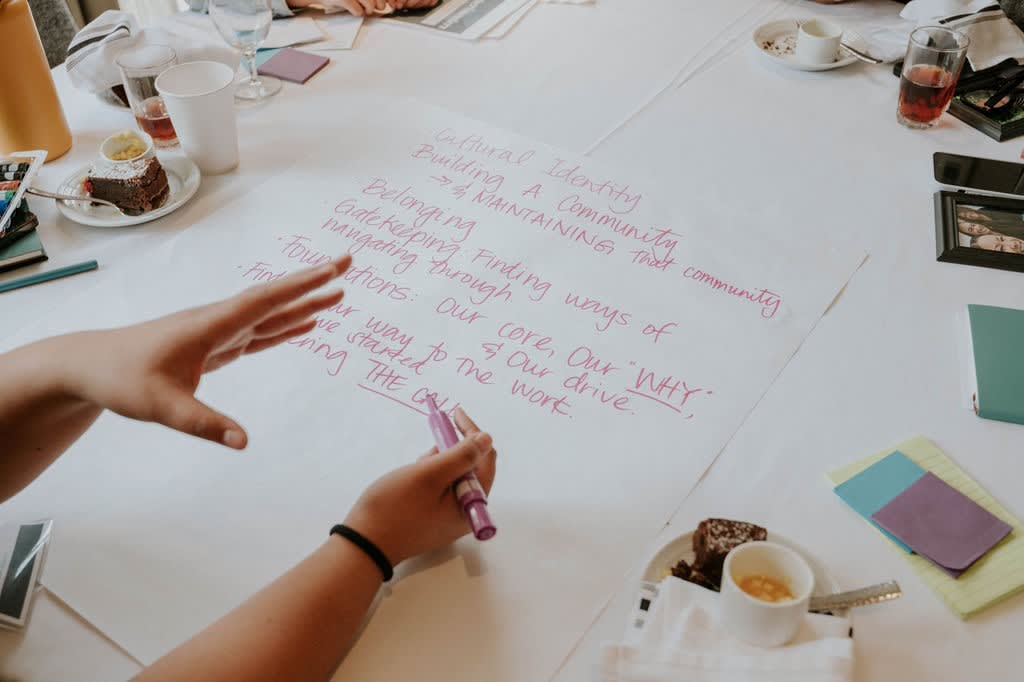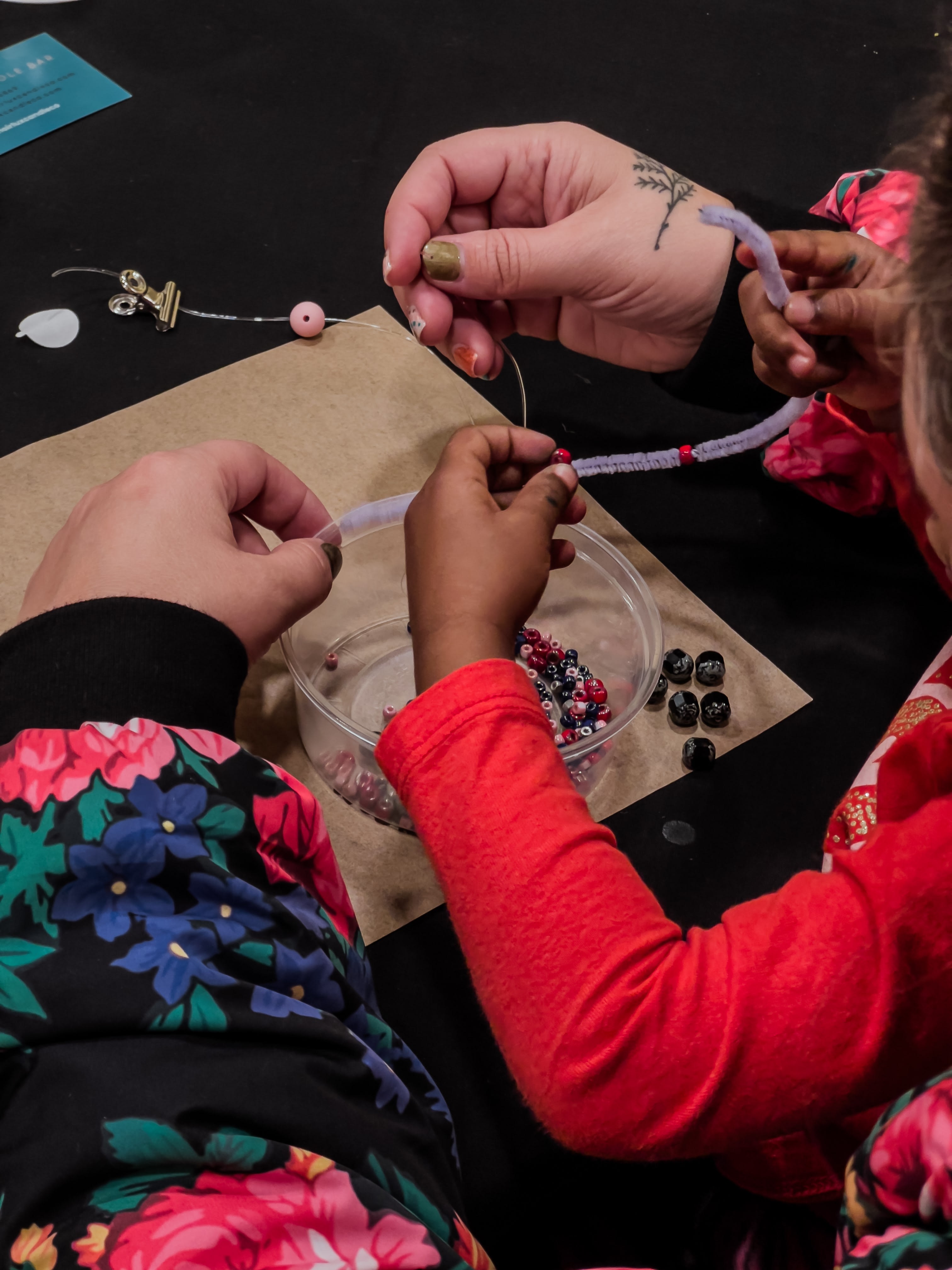Providence Health Equity Fellows make big impacts on local communities

The Providence Health Equity Fellowship is a core component of Providence’s broader commitment to eliminating health disparities and increasing equitable care for patients and communities within the health system’s footprint. Launched in 2023, the program serves as a first-of-its-kind professional development model that offers caregivers expertise in health equity through a combination of facilitated learning and real-time application of health equity principles.
In 2024, the inaugural cohort of 20 caregivers completed the fellowship’s 12-month cycle, launched local projects, and are now serving as health equity experts in their respective Providence locations. With diverse backgrounds and lived experiences, each fellow brought a unique professional perspective to the program.
The class of 2024 produced 20 successful projects that had an incredible impact on local patient populations. A few examples include:
- Puget Sound Region and Alaska: A culturally informed approach to pain management for Black/African American and Hispanic/Latino patients, resulting in a 20% increase in pain management services for Black and Latino patients.
- California: A 10% increase in hypertension control in Hispanic/Latino patients.
- California: Reduced average length of stay by 22%, and 30-day hospital readmission rates by 38%, for sepsis patients with limited English proficiency.
These and other fellowship projects continue to improve health outcomes for various vulnerable patient populations. The 2024 fellows also serve as health equity experts within their local acute and ambulatory ministries, in addition to mentoring the 2025 cohort. Their success has laid the groundwork for future groundbreaking projects that are currently underway. Sample 2025 projects include:
- Increasing Medicare annual wellness visits in the BIPOC/Latino patient populations
- Reducing postpartum depression among Spanish-speaking patients
- Providence Health Plan policies addressing access to BIPOC communities



